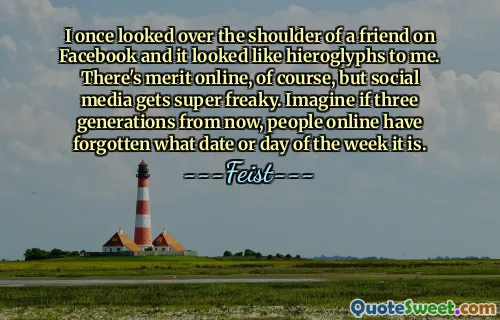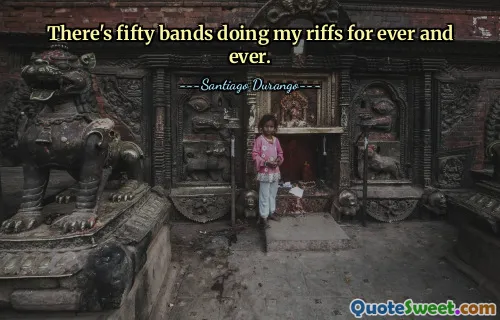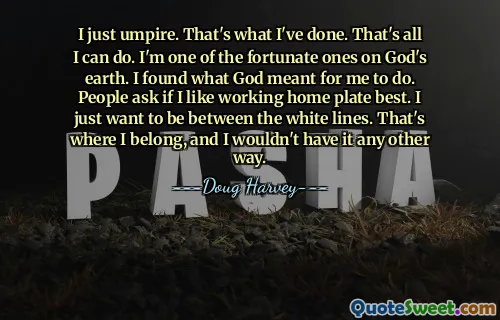
Don't be afraid of the dark, it's a place where you can hide.
The quote invites us to reconsider our perception of darkness and the unknown. Often, darkness symbolizes fear, uncertainty, or discomfort. However, this perspective suggests that darkness can also serve as a sanctuary—a place where we can retreat, reflect, and find solace away from external pressures or scrutiny. Embracing the darker aspects of life or oneself isn't merely about acceptance but recognizing the potential for growth and healing in these moments. When we are afraid of darkness, we limit ourselves from exploring inner depths, resolving suppressed emotions, or discovering hidden strengths. Conversely, viewing darkness as a place of refuge can foster courage, offering a sense of safety in facing challenges and uncertainties. This mindset encourages us to be kind to ourselves during difficult times, understanding that vulnerability is natural and that healing often occurs in periods of quiet, introspection, and discomfort. The quote also alludes to the importance of understanding that darkness is a natural part of life, not something to be fought against or feared outright but embraced as an essential space for renewal. In a broader context, it reminds us that everyone experiences moments of darkness, and instead of avoiding them, we can use these periods as opportunities for self-discovery and empowerment. Ultimately, this perspective promotes resilience, patience, and self-compassion, emphasizing that hiding or retreating into darkness may be necessary steps toward finding inner peace and strength.











